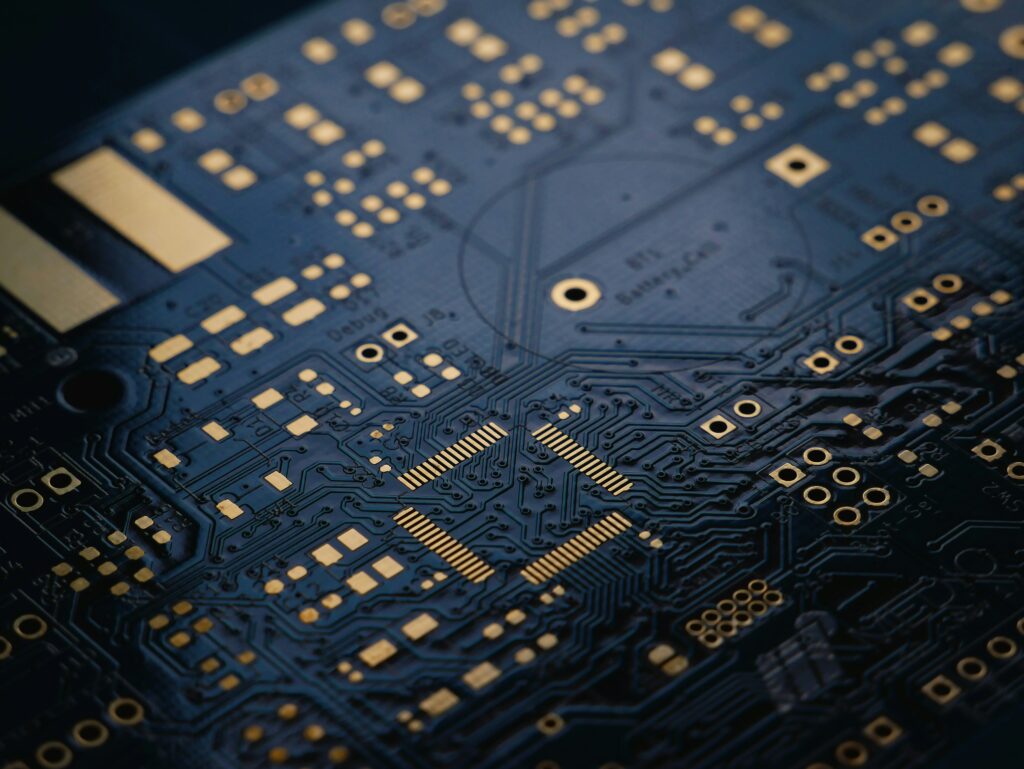Written by Charlotte Littlewood, Head of UK-India desk
This week India succeeded where Russia, the US and China have failed: they landed a space rover on the dark side of the Moon. This is a milestone for humanity, marking India’s emergence as a formidable space power. In addition to serving as a trade partner, India may well hold the key to global technological advancement — not least for Britain.
The past decade has been marred with turbulence: the uncertainty surrounding Brexit, economic downturns, a war on the European continent, the global pandemic, and the continued ascent of China as a major global player. Meanwhile, India quietly reaches dizzying new heights of economic prosperity and technological advancement. But will we recognise the lifeline in front of us?
Brexit, with its multitude of promises, hinged on the assurance of economic prosperity, once the UK regained control from the European Union. Regardless of one’s stance on this decision, the only viable path forward now is to secure new avenues for trade, not least in the Commonwealth.
Here in the UK few have noticed that India has recently surpassed us as the world’s fifth largest economy. Economists even speculate that India could ascend to third place, trailing only the US and China, by 2030. Given the imperative for fresh trade options and the key presence of our substantial 1.6 million-strong Indian diaspora, it is imperative that we maximise the potential of a trade deal with India. Boris Johnson seemed to understand this, but in the past year there has been a loss of focus in London.
The conflict between Russia and Ukraine served as a stark wake-up call for European nations heavily reliant on Russian gas. As countries hurriedly sought alternative energy sources, attention naturally shifted to another area of high-risk dependence: China.
The Chinese Communist Party has become increasingly explicit in its ambition to shape a global order centred around China, one that favours its authoritarian system and undermines individual rights and freedoms. Paradoxically, we find ourselves heavily reliant on Chinese-made technology products, encompassing smartphones, computers, and telecommunications equipment. Furthermore, China’s potentially catastrophic influence over Taiwan’s semiconductor chip production, a linchpin of the global economy, raises critical concerns. Drawing from the lessons of Russian dependency, we must now proactively construct viable alternatives. Cue India once again.
India is experiencing a robust economic upswing whilst simultaneously establishing itself as a burgeoning technological powerhouse. Yet the UK remains very much in the shadows.
So, what is hindering progress? While Emmanuel Macron and Joe Biden have made a point of getting to know the Indian Prime Minister, Narendra Modi, Rishi Sunak has yet to initiate a personal approach. Meanwhile, Suella Braverman’s regrettable comments about Indian migrants appeared to backtrack on Boris Johnson’s positive trade discussions with India. This inconsistent and chilly stance could well be one opportunity too many missed for a UK that now relies on engaging with alternatives. The time has come to remind India not only of British politeness but also of British dynamism. We need to re-envisage our partners to survive and India is a major part of the answer.



